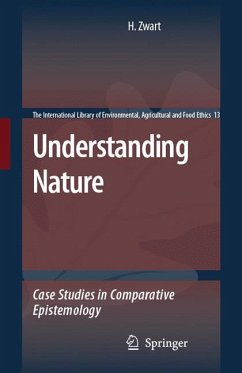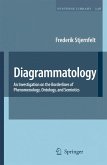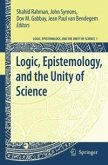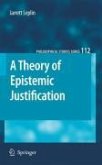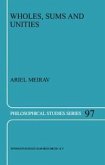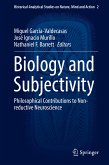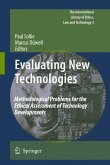Science is not the only route to understanding nature. This volume presents a series of case studies in comparative epistemology, critically comparing the works of prominent representatives of the life sciences, such as Aristotle, Darwin, and Mendel, with the writings of literary masters, such as Andersen, Melville, Verne, and Ibsen. It constitutes a major contribution to the growing field of science and literature studies.
Dieser Download kann aus rechtlichen Gründen nur mit Rechnungsadresse in A, B, BG, CY, CZ, D, DK, EW, E, FIN, F, GR, HR, H, IRL, I, LT, L, LR, M, NL, PL, P, R, S, SLO, SK ausgeliefert werden.

